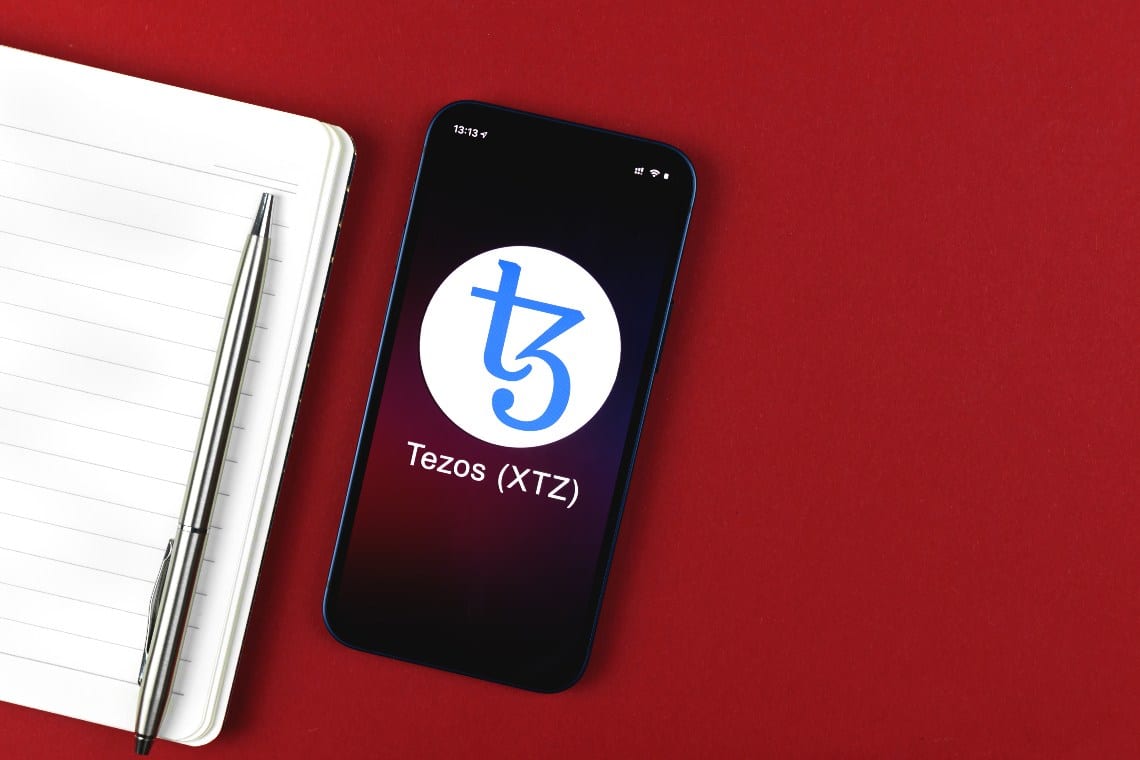The IRS has offered a refund to a US couple who paid taxes for Tezos that were never sold but were created and obtained through staking.
This development between the US tax collection agency and the taxpaying couple is a true innovation for the industry.
Summary
Taxes paid on Tezos staking
The story originated in Nashville, Tennessee, in 2019. The couple paid taxes on Tezos tokens that were the result of gains made from staking and creating new tokens, but never sold. Therefore, they were asking for a refund on the very grounds that those tokens are their property as they were created, but never produced any real earnings in 2019 and cannot be considered property in the same way as cryptocurrencies bought on the market, as they are created tokens.
In the document with which the lawsuit was being advanced, it states that taxing Tezos earned through staking is a bit like charging a writer for writing a book or a baker for making a cake.
Mr. and Mrs. Jarrett (that’s the last name of the couple), declared that by staking they had obtained 8876 Tezos tokens for a value of about 9,400 dollars, which are “creative” property, but because they are property according to US law they must be taxed.
In December 2021 the IRS asked to reimburse the couple with more than $3,000 but the couple, supported by the Proof-of-Stake Alliance (POSA), seems to have refused.
If the parties do not reach an agreement, the lawsuit will begin in March 2023.
The couple, together with POSA, don’t want to settle for a refund but want a ruling to be written that clarifies once and for all how cryptocurrencies produced by staking are taxed.
A clear law would surely help all those who have to do with cryptocurrencies to also fulfill their duties towards the state, paying taxes.

Crypto taxes in the United States
Since 2014, the United States has made it clear that cryptocurrencies are property, and that activities with cryptocurrencies have tax consequences.
However, the crypto world is constantly evolving, and regulations from 2014 risk being old hat when applied to newer concepts like staking. It remains to be seen how the lawsuit will end and whether it will write a new page for the history of the relationship between cryptocurrencies and taxes.



